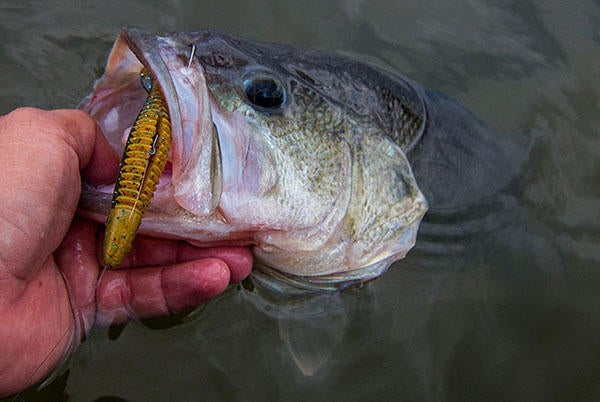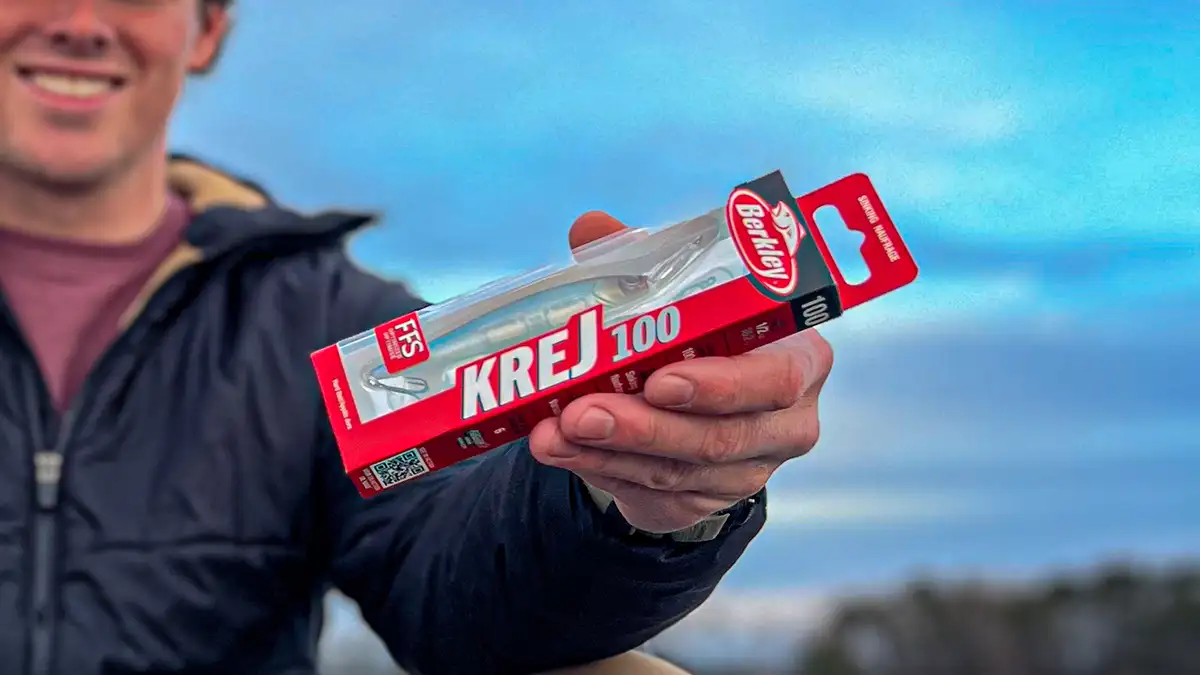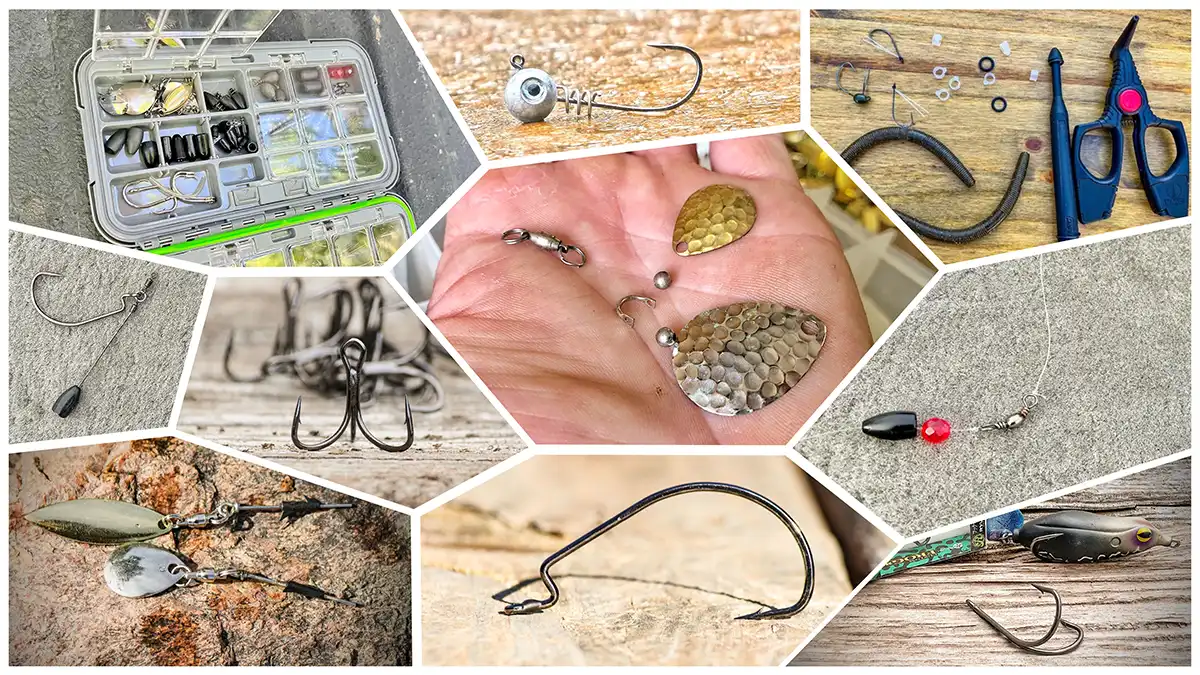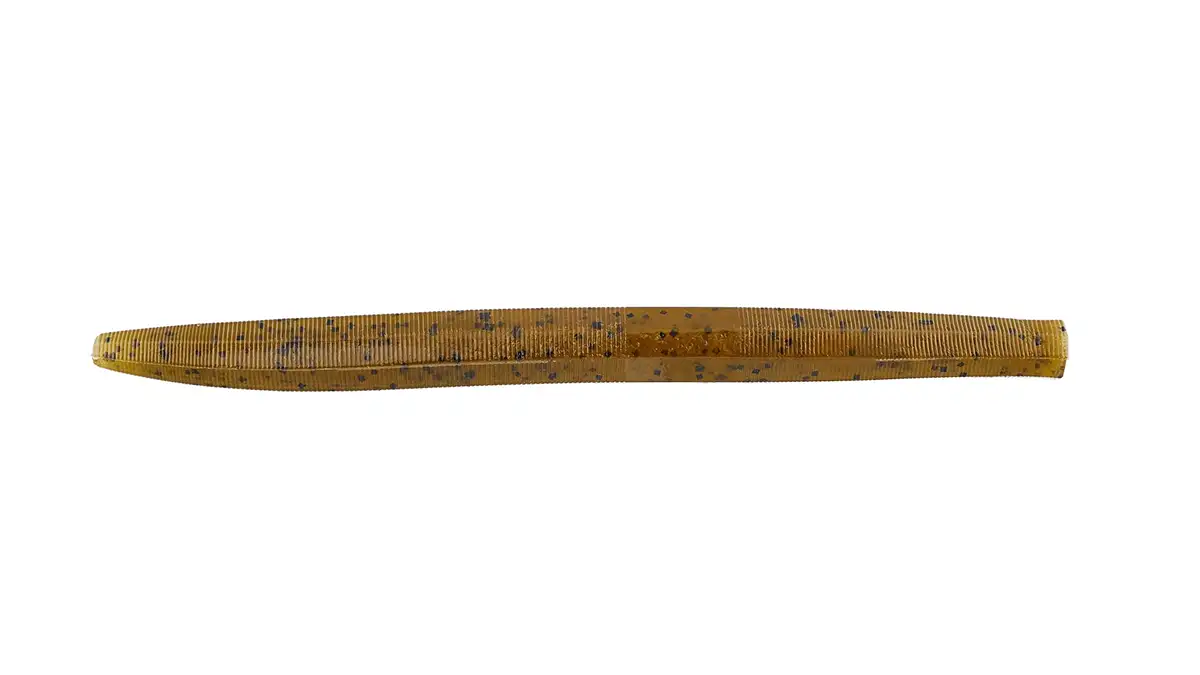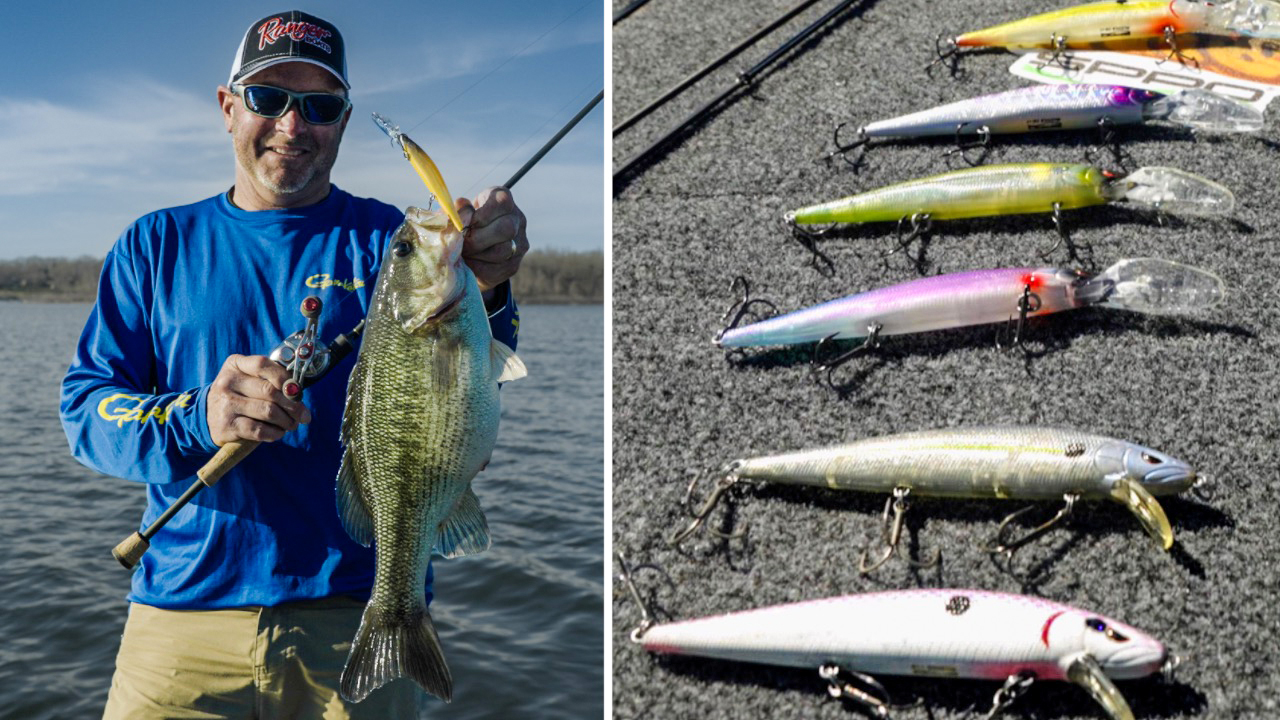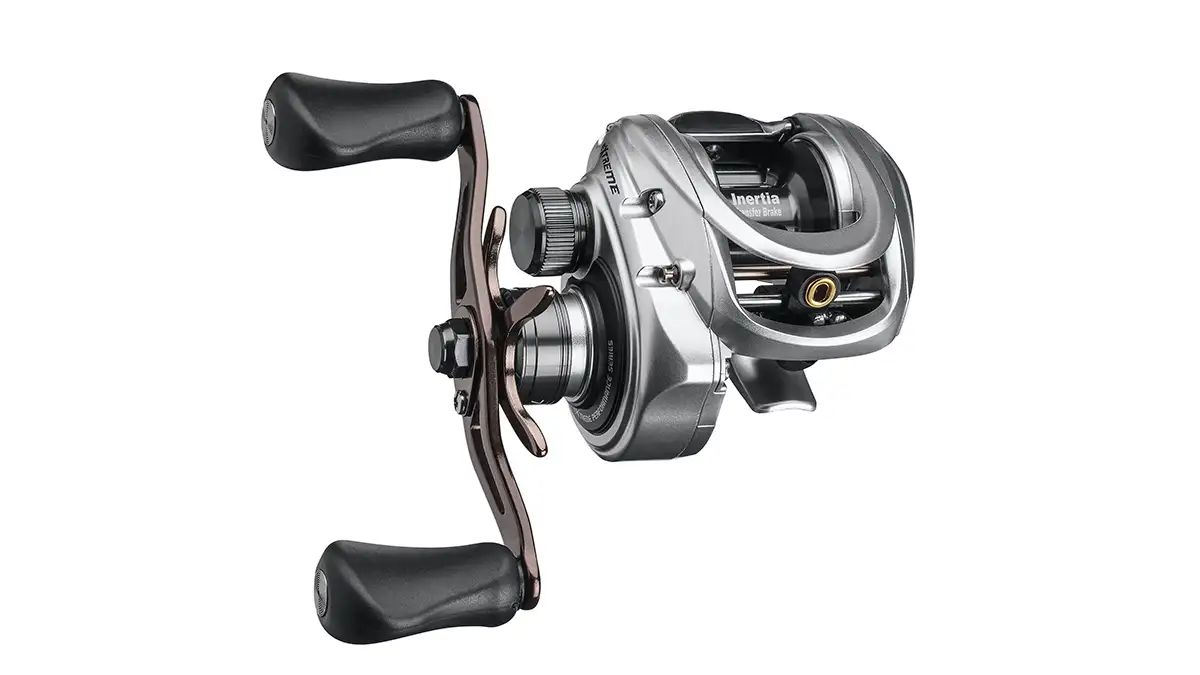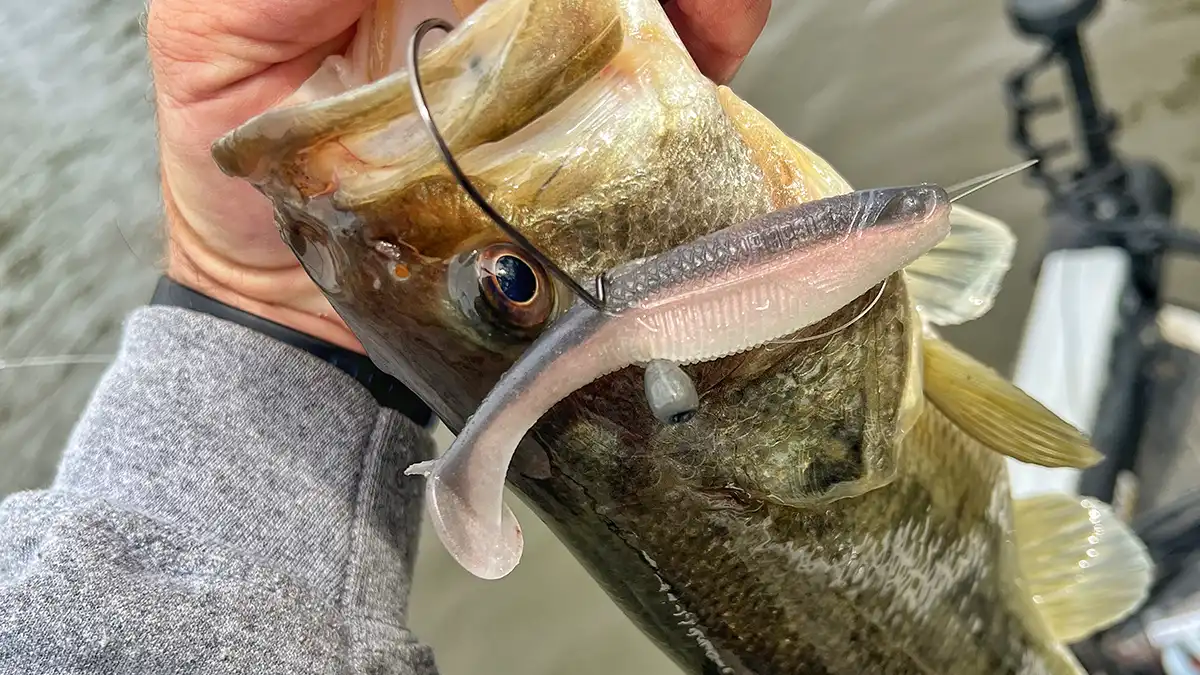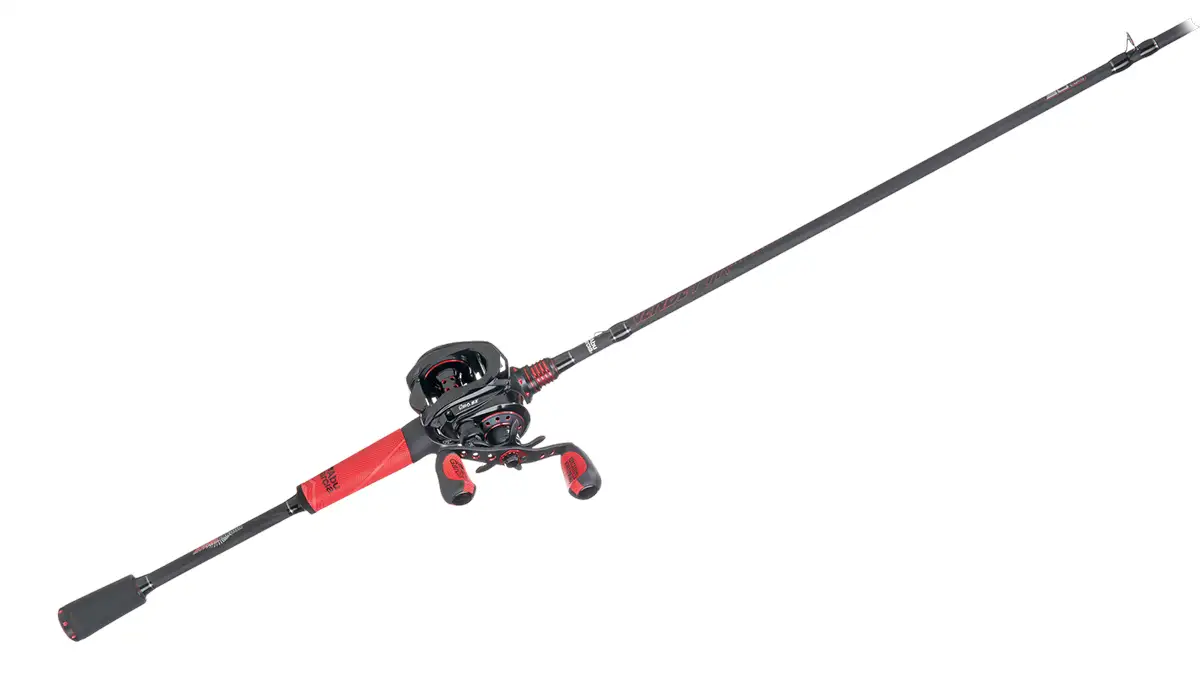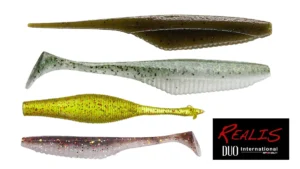Hundreds of companies, millions of baits, new materials, new shapes and we are still trying to trick a creature with the brain the size of a pea. The business has changed but the fish have remained the same. The evolution of the bait business with buyouts, buy-ins and consolidation has indeed altered the landscape but the basic premise of the tug of a fish hasn’t gone away. Whether you’re 4 years old or 84 years old, that magic never changes.
Over the last 10 years or so, many companies have been bought and sold and you can’t know the players without a scorecard. Private equity companies have gobbled up the good ones and although we would all like to see stability in our space, that’s largely a thing of the past. The good news is companies are getting visibility in the marketplace from some of the most unlikely characters and our sport is getting front-page stories in trade publications other than those that are only fishing centric. That can do nothing except bring well-deserved recognition to a sport that has flown under the radar for decades.
Equity companies see fishing companies as an untapped revenue stream and one worthy of buying and turning. Although it may be uncomfortable, it does show that fishing is getting legs in the business community. The ability to ebb and flow can be a good thing to those who see it for what it is. Significant growth has a little pain, but that goes along with the territory.
Why fishing?
Many outside the daily grind of fishing shake their respective heads on why fishing and why now. The economy has turned the corner and these companies have money to invest and see profitable companies as a way to expand their portfolio. The Achilles heel will be how fast these companies can understand what makes fishing tick and not upset the proverbial apple cart in the process.
Too many times, great companies are adversely impacted by someone or something downsizing based solely on the bottom line. Most equity-type purchases throughout history are short turnaround deals and most of the time significant change occurs. Most of us in the sport have little issue with those in the sport buying other businesses, as most times they’re looking at the long term versus the short term with their investment.
The fishing business is unlike any other as relationships, a handshake and someone’s word still means something in most cases. Because the industry is still relatively small, burning a bridge is not smart business. On the other hand, equity purchases are done as a way to increase revenue and make a quick buck. Those that have and will enter fishing should do more homework than simply looking at the books. This is a loyalty-based business and stubbing a toe can cause consumers in this space to abandon the company quickly. There are plenty of examples of companies who purchased other companies without fully understanding what they purchased. In my humble opinion, an example was ESPN’s purchase of B.A.S.S..
B.A.S.S. was and continues to be an icon in fishing. The Bassmaster Classic is still the most prestigious event in fishing and despite recent changes in professional tournament fishing, they will be just fine. Above any negatives that may have been there with the ESPN purchase one thing is true-they raised the bar for anglers and television. Although it didn’t have staying power, it had a large bearing on the potential. The leadership at Major League Fishing saw that potential and with a different model has had attractive TV ratings. ESPN should be given credit for showing it did have merit and MLF is taking it forward in a different form. I wish them luck as they move forward.
FLW should also be given credit for changing payouts and expanding the opportunity for anglers to make a living at fishing. Many of today’s household names would not be where they are without the competition between B.A.S.S. and FLW. I hope the same holds true as we enter this next phase of competitive fishing.
What does the future hold?
I believe that competition is a good thing and no matter how this comes out in the next few years, instead of poking holes or being negative, I suggest we look at the good that comes out as a result. Today’s top names may not be the top names going forward and based on what I have seen so far, all of the leagues are focusing more on the anglers.
As far as companies buying companies, I see that escalating and although many may see it as a negative, I try to have a wait-and-see attitude about where it goes. New companies may have more wherewithal and more R&D resources; maybe the ultimate outcome for all of us could actually mean more products, better products and more technology to make our time on the water more enjoyable. Time will tell, but let’s give the soup time to simmer. It just may be the best soup we’ve ever had.


